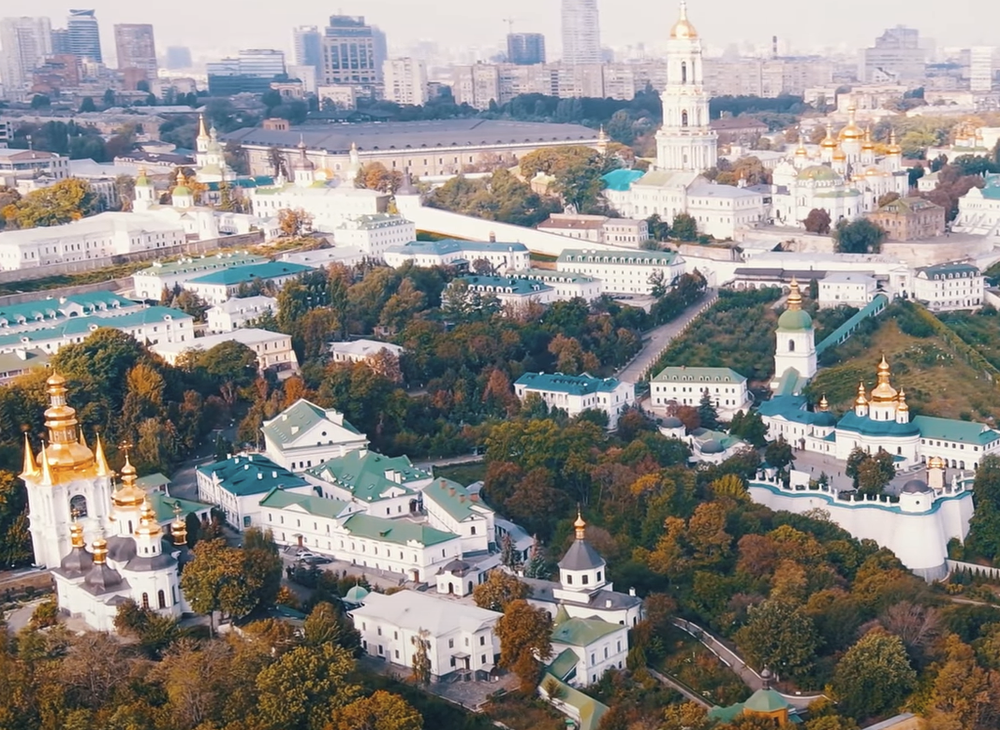Christmas is complicated, if you sweat the details. At the gym I frequent here in Oak Ridge, the management took down all of the Christmas decorations on December 26th.
I asked why. I was told: “Christmas is over.” I asked if they had heard of the “12 days of Christmas.” A staffer said, “Yes,” but assumed that was before the 25th. Another staffer quietly said that she would leave the decorations up until January 6th. It’s safe to assume that she attends the local Catholic parish or another liturgical church.
Hang in there with me. I am working my way toward a stunningly one-sided CBS News report that ran with this headline: “Ukraine snubs Russia, celebrates Christmas on Dec. 25 for first time.”
The key is that America has shopping-mall Christmas and then liturgical-calendar Christmas. Several years ago, I wrote an “On Religion” column noting that when Siri is asked, “When is Christmas?”, an Apple iPhone answered: "Christmas is on … December 25, 2012. I hope I have the day off." Then I asked, “When is Advent?” That led to this “conversation.”
Siri searched her memory and said: "I didn't find any events about 'Ed Fant.' "
Trying again: "When is the Advent season?"
Siri cheerfully responded: "I am not aware of any events about 'advent season.' "
After several more "BEED-EEP" chimes the Apple cloud ultimately drew a blank when asked, "When does the Christmas season end?" Alas, Siri didn't understand the term "Christmas season."
This morning, I asked Siri: “When is Orthodox Christmas.” I was told that Christmas Day is on January 7th.
Ah, but that isn’t accurate in most Orthodox Churches in America. Why? That’s complicated and the fine details are relevant to the CBS News report about Ukraine.
Many people are aware that the Orthodox follow the ancient Julian calendar, instead of the Western Gregorian calendar. However, in many lands shaped by European culture, the Orthodox (this includes my parish) follow a modified Julian calendar that manages to put Christmas on December 25th, but Pascha (Easter) remains on the date that fits the Julian calendar.
Trust me, there is much more that can be said. But here is the key: This is basically a collision between cultures shaped by European culture and those shaped by eastern Orthodox culture.










